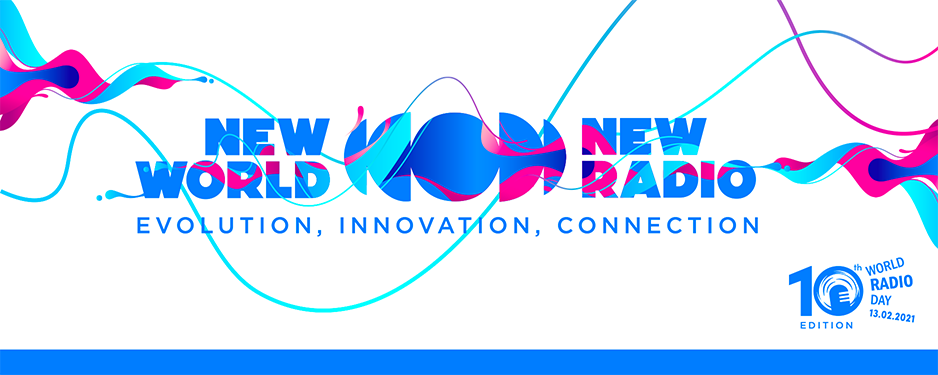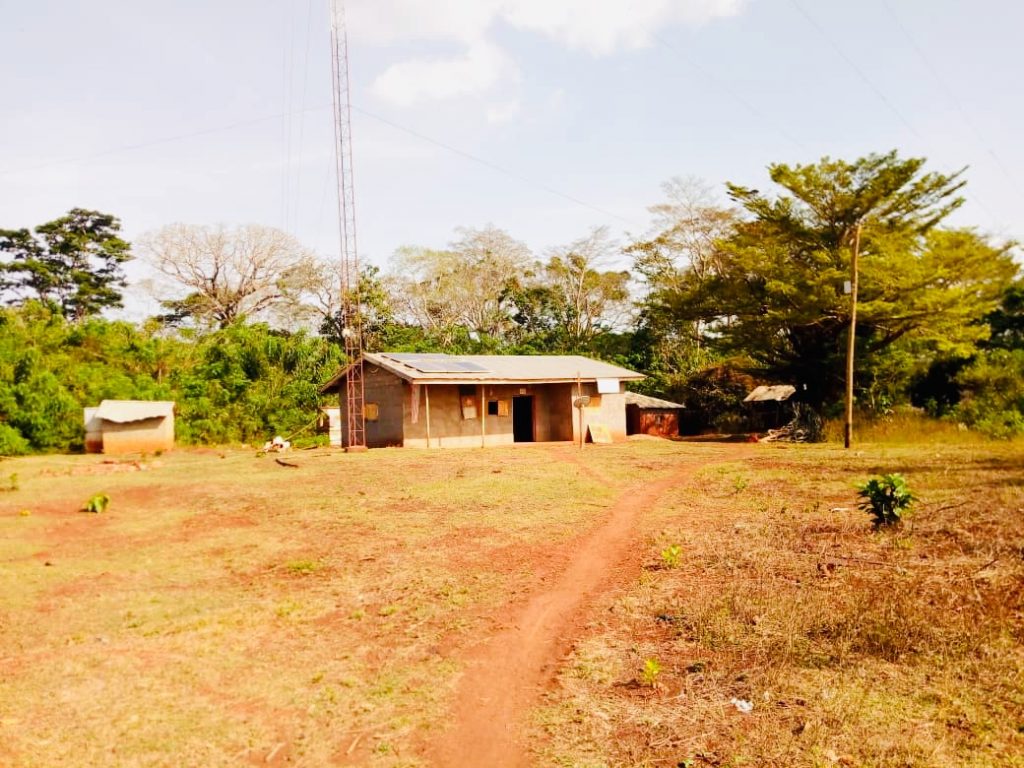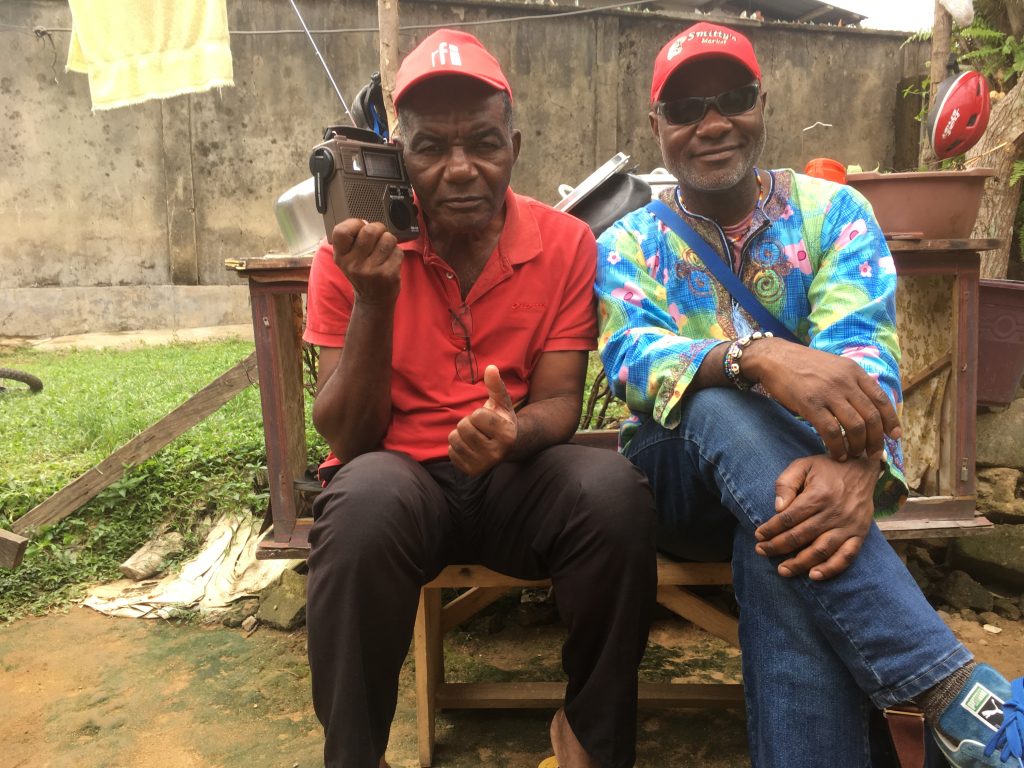Today is UNESCO World Radio Day and this year the theme highlights diversity on the airwaves. Here’s the announcement from UNESCO:
Proclaimed in 2011 by the Member States of UNESCO, and adopted by the United Nations General Assembly in 2012 as an International Day, February 13 became World Radio Day (WRD).
Radio is a powerful medium for celebrating humanity in all its diversity and constitutes a platform for democratic discourse. At the global level, radio remains the most widely consumed medium. This unique ability to reach out the widest audience means radio can shape a society’s experience of diversity, stand as an arena for all voices to speak out, be represented and heard. Radio stations should serve diverse communities, offering a wide variety of programs, viewpoints and content, and reflect the diversity of audiences in their organizations and operations.
CELEBRATIONS IN 2021
On the occasion of World Radio Day 2021 (WRD 2021), UNESCO calls on radio stations to celebrate this event’s 10th anniversary and the more than 110 years of radio.This edition of WRD is divided into three main sub-themes:
- EVOLUTION. The world changes, radio evolves.This sub-theme refers to the resilience of the radio, to its sustainability ;
- INNOVATION. The world changes, radio adapts and innovate.Radio has had to adapt to new technologies to remain the go-to medium of mobility, accessible everywhere and to everyone;
- CONNECTION. The world changes, radio connects.This sub-theme highlights radio’s services to our society—natural disasters, socio-economic crises, epidemics, etc.
Click here to check out the UNESCO website devoted to World Radio Day 2020.

Radio Taboo Issa Nyaphaga on the right with a community friend and Radio Taboo listener on the left.
AS mentioned in a previous post, I also suggest you checkout this documentary produced by our friend, David Goren:
World Wide Waves: The sounds of community radio
We may think we live in a digital age, but only half the world is currently online. Across the globe, small radio stations bind remote communities, play a dazzling array of music, educate, entertain and empower people to make change. Cameroon’s Radio Taboo, in a remote rainforest village 100 miles off the grid, relies on solar power; its journalists and engineers are all local men and women. Radio Civic Sfantu Gheorghe in the Danube Delta preserves the history of the community. Tamil Nadu’s Kadal Osai (“the sound of the ocean”) broadcasts to local fishermen about weather, fishing techniques—and climate change. In Bolivia, Radio Pio Doce is one of the last remaining stations founded in the 1950s to organise mostly indigenous tin miners against successive dictatorships. And KTNN, the Voice of the Navajo Nation, helps lift its listeners’ spirits in a time of loss and grief.
Produced by David Goren
Presented by Maria Margaronis.
Happy World Radio Day, everyone!




